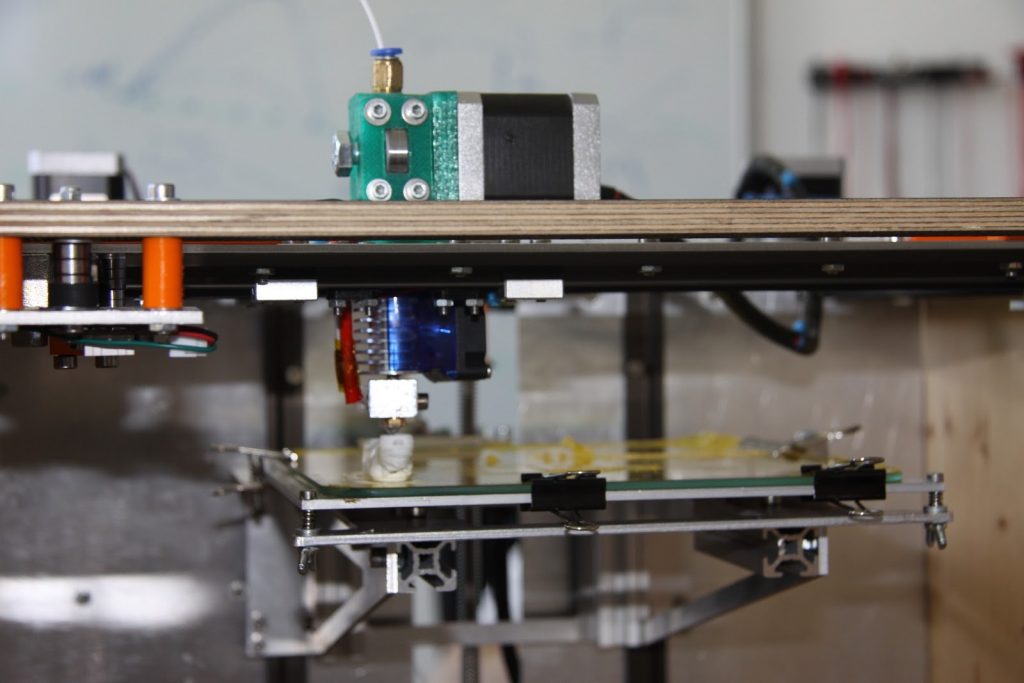Programmable radio lab
The programmable radio lab is used to implement and evaluate new algorithms and protocols for wireless communications. NES owns several WARP platforms. Measurement results are used to gain new insights to improve the performance of protocols.
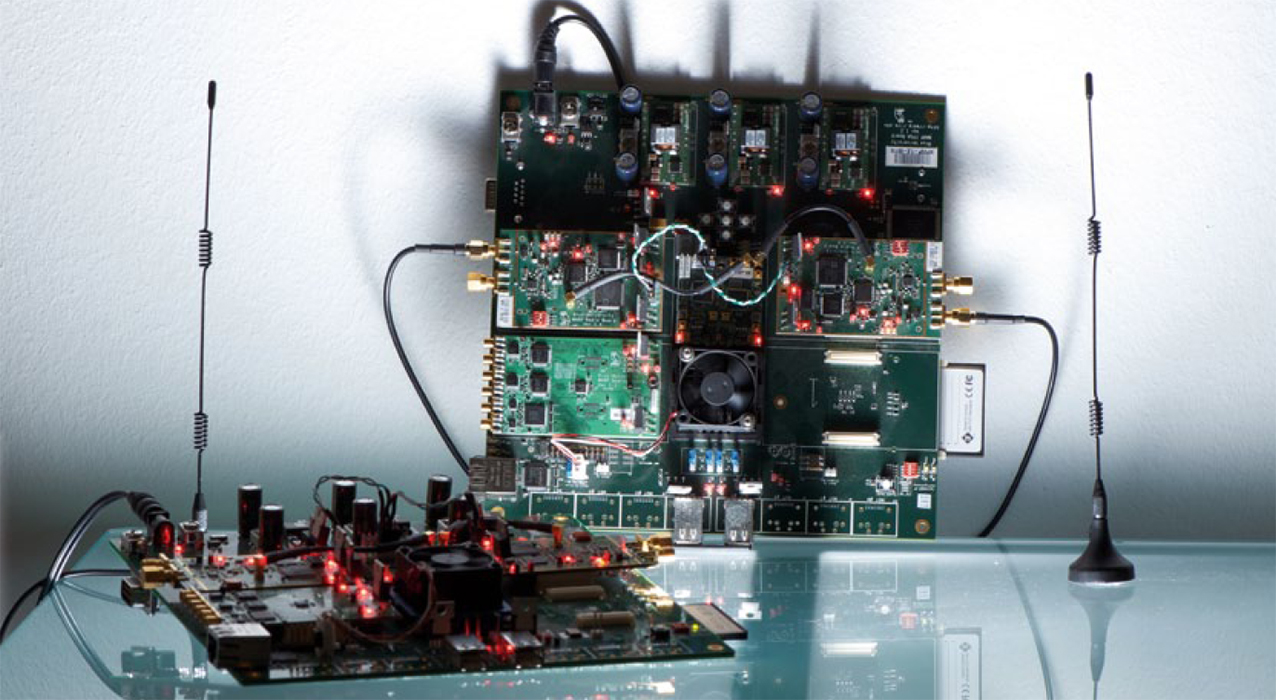
Pervasive computing lab
The pervasive computing lab is used for the development and evaluation of camera and sensor networks. It hosts a high-precision motion tracking system and a variety of camera and sensor platforms. Experiments focus on measuring the resource utilization at the node and network level as well as performance parameters for applications.
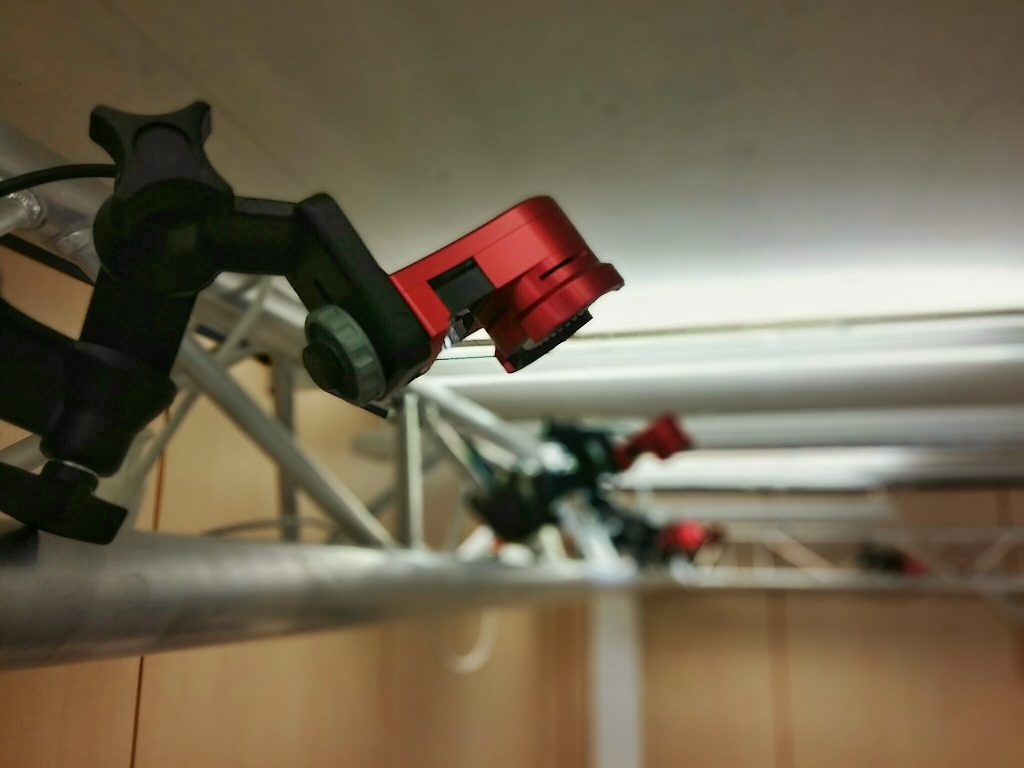
Small-scale drone lab
NES maintains (together with Lakeside Labs [please check with CB]) a dedicated laboratory for aerial robotics research which is composed by a fleet of around 20 small-scale, battery-powered multi-copter platforms. Most drones are able to autonomously follow waypoints, process captured sensor data locally and transfer data to other UAVs and the base station. The drones can be equipped with different sensors (e.g., cameras) and vary in size and capabilities for onboard processing.
Power line communication lab
The PLC lab is used to test and prototype power line communication technology in different application domains: smart metering, smart grids, home/industrial networking, in-vehicle PLC buses. The lab is equipped with field measurement equipment, EMC/EMI test equipment, emulation and simulation platforms, narrow band and broad band PLC modems.
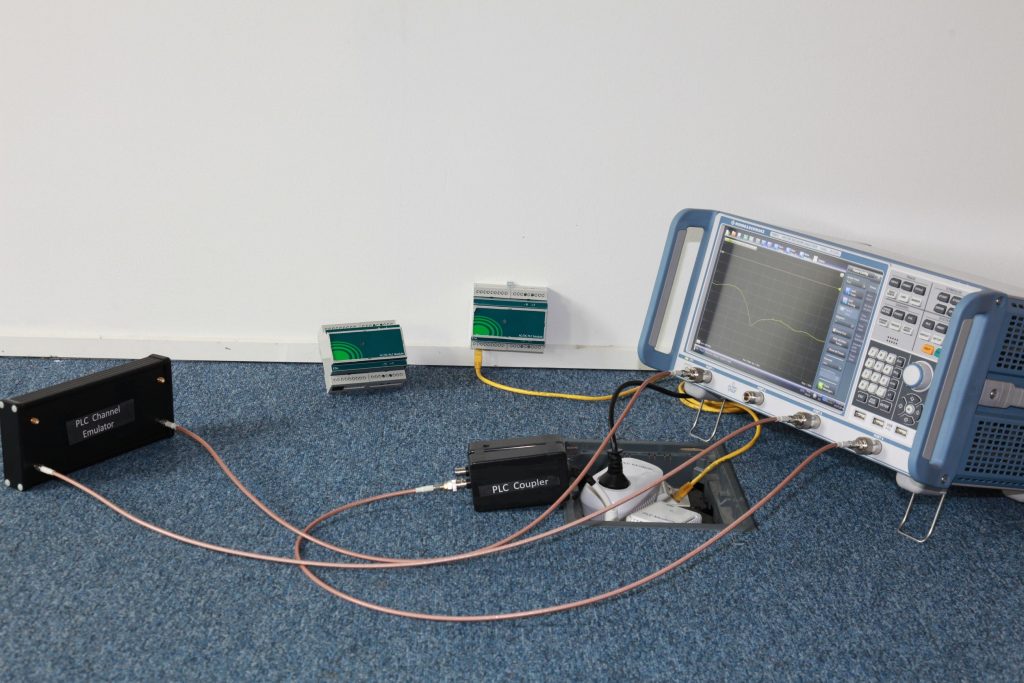
Radio lab
The lab is equipped with state-of-the-art measurement equipment up to 6 GHz (DSOs, network analyzer, vector signal generators) and tools for electronic system design including antenna design. It includes software defined radios (USRPs) for fast prototyping of MIMO systems and of radio localization systems.
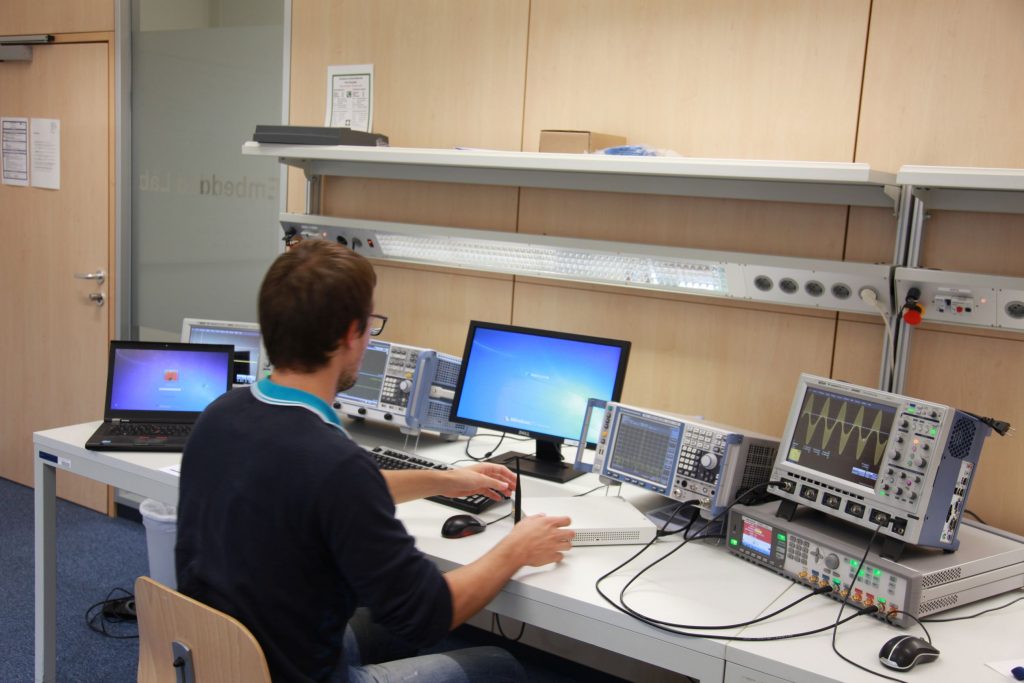
IoT living lab
The lab consists of an IoT platform that integrates heterogeneous communication technologies (NB wireless, WiFi, NB PLC, BB PLC) and a number of sensors. It is meant to provide a living infrastructure for training and research on dense hybrid IoT networks and IoT applications including smart buildings and energy management.
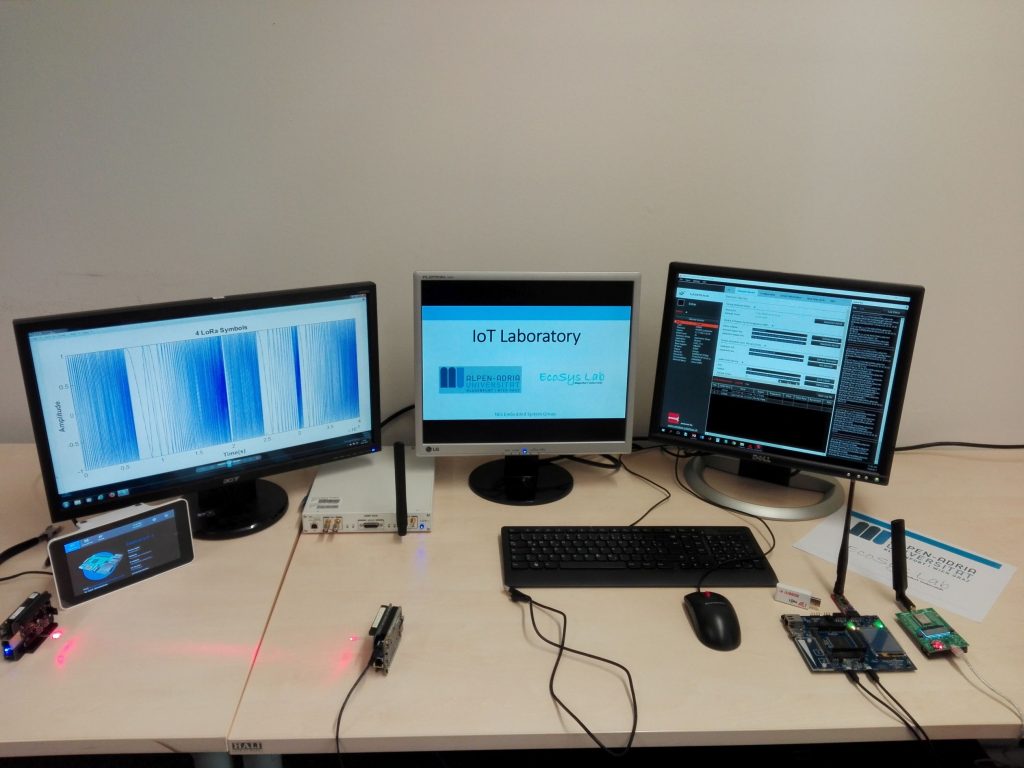
Smart microgrid lab
With the roll-out of smart grid technology, the importance of metering, communication, and distribution has risen rapidly. To give students a hands-on experience on research activities going on in the domain of smart grids, the Smart Microgrid Lab was established. The lab is part of the Lakeside Labs GmbH and is operated in cooperation with the Smart Grids Group at Alpen-Adria-Universität Klagenfurt.
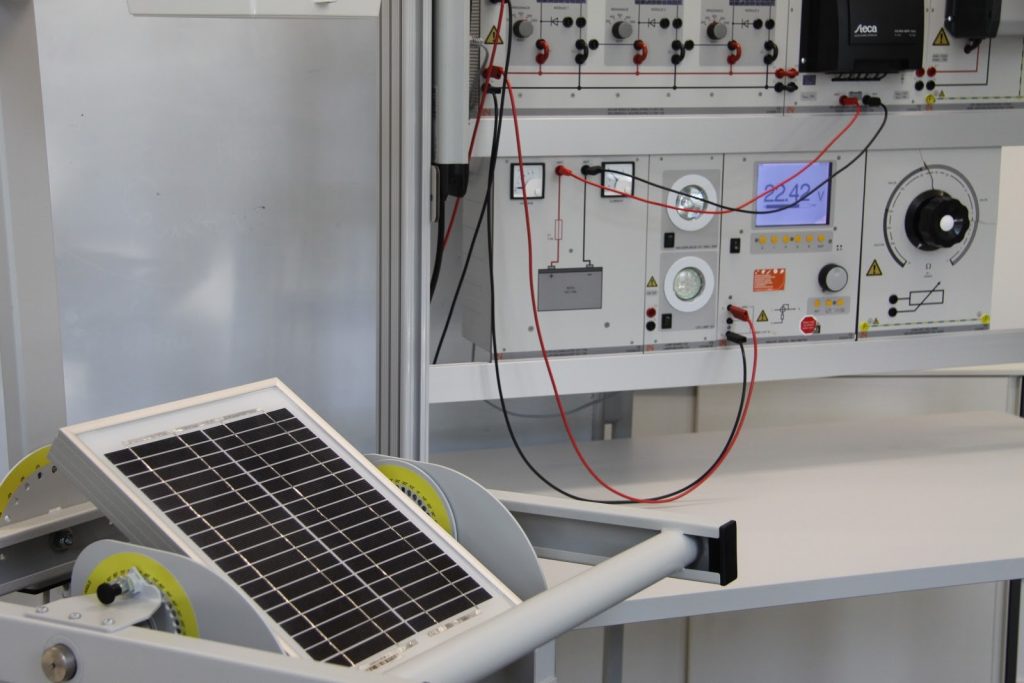
Experimental setups include the combination of simulation scenarios with actual hardware in the loop. This way, students and researchers can perform experiments and test modeling an entire power grid from power generation to power consumption. A special focus is given on the integration of photovoltaics, so that students can design their own microgrid.
The lab is connected to a Photovoltaic (PV) plant installed at the rooftop of the building with a capacity of 4.8kWp, which compares to a PV system for typical single-family houses. Several test loads with common household appliances are available at the lab to perform experiments in this context .
Usually, this system is connected to the grid, but in case of a power outage, the lab can sustain itself in an off-grid (island) mode. “If everything goes dark, students can still continue learning in our lab,” Elmenreich adds with a wink.
Energy informatics lab
“Data will be one of the most important resources in the future. Among other timely research questions, activities in energy informatics explore how data provided by advanced metering infrastructure (AMI) can be utilized in the most adequate and efficient way,” says Christoph Klemenjak.
In order to record energy data, the Energy Informatics Lab provides a wide range of measurement instruments such as smart meters, oscilloscopes, and self-designed power meters. Furthermore, modern computer infrastructure allows to evaluate novel computational methods for prediction and user feedback for future energy systems.
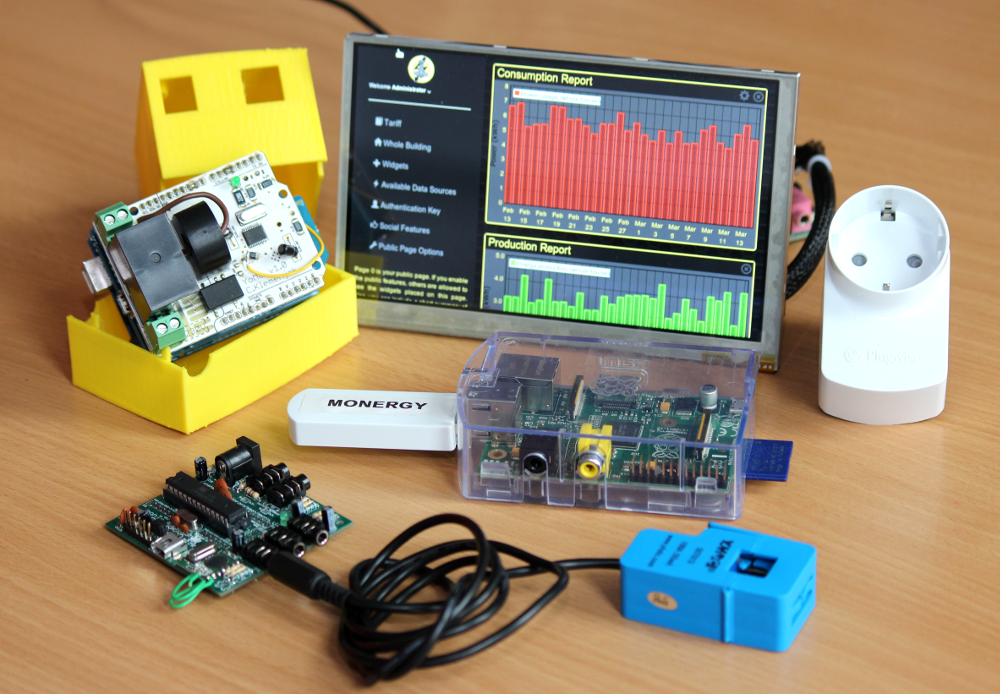
The Energy Informatics lab also integrates a well-equipped soldering work station and a 3D printer, which allows the researchers to craft prototypes and custom enclosures for all kinds of measurement equipment. “Previously our students often had problems apply the theoretic concepts they learned. The Energy Informatic Lab offers the possibility to try out things in practice, which gives them a different perspective,” states Professor Wilfried Elmenreich.
